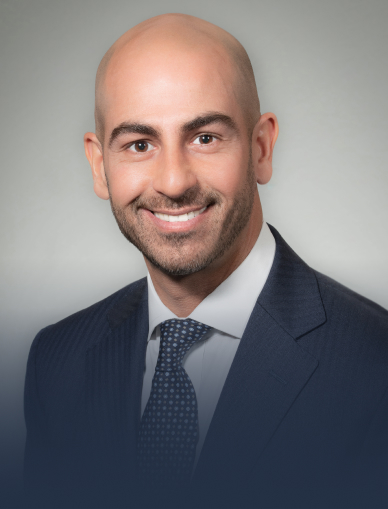What Is a Hedge Fund?
A hedge fund is a pooled investment vehicle that uses advanced strategies—including leverage, short selling, derivatives, and concentrated positions—to generate returns for investors, and is typically sold through broker-dealers, financial advisors, and private placement networks to high-net-worth individuals and institutional investors.
Hedge funds are structured as limited partnerships or limited liability companies. The fund manager serves as the general partner and makes all investment decisions. Investors are limited partners who contribute capital but have no control over how it is deployed.
Learn More
Attorney Robert Wayne Pearce is the Lead Attorney of The Law Offices of Robert Wayne Pearce, P.A. and is one of the top investment fraud lawyers in the country. Serving Nationwide, Based in Florida.
He is a well-respected advocate for investors throughout the legal community; he is known for his fierce litigation skills and tireless advocacy on behalf of his clients.
Learn More
[Feburary 16, 2026] It appears that UBS and its attorneys have not learned the lessons taught by the investment fraud lawyers at the Law Offices of Robert Wayne Pearce.
In this latest case, Robert Wayne Pearce secured a $6,138,000 FINRA arbitration award in January 2026 after UBS refused to settle or mediate.
This is one of four consecutive wins Mr. Pearce has secured against UBS, totaling over $13.3 million.
Learn More









